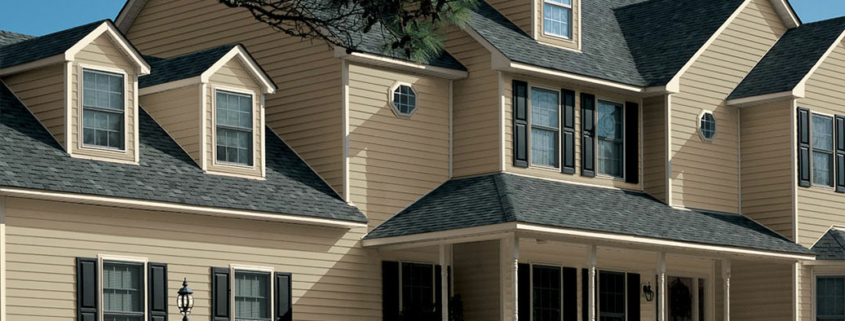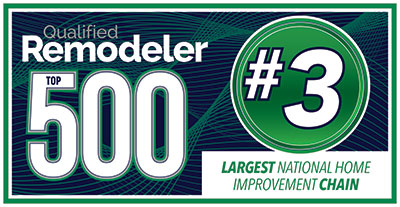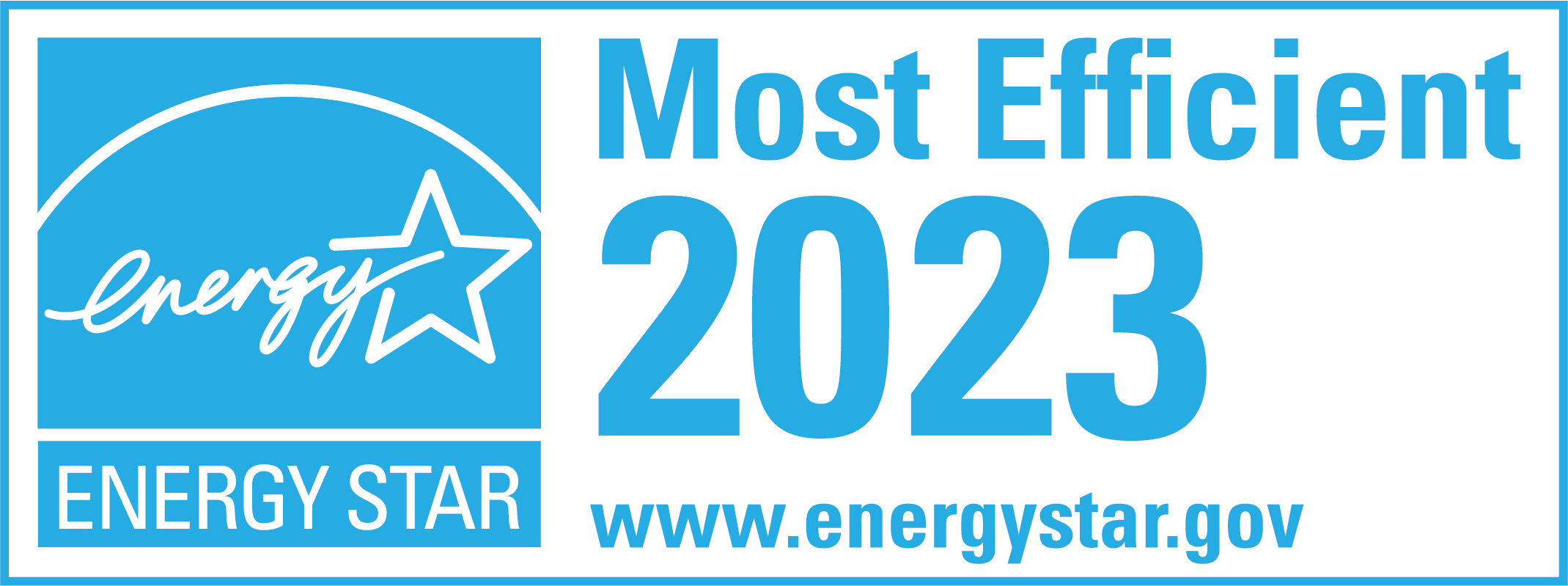5 Benefits of Insulated Siding
Are you considering upgrading your home’s exterior but feeling overwhelmed by the myriad of siding options available in the market? If so, you’re not alone. The choice of siding can significantly impact your home’s appearance, durability, and even its energy efficiency. In this comprehensive guide, we’ll delve into the numerous benefits of insulated vinyl siding—a popular choice for many homeowners.
Why Choose Insulated Vinyl Siding?
If you are considering new siding for your home, insulated vinyl siding is a great option to consider. It offers a number of advantages over traditional siding materials such as wood, brick, and aluminum.
Cost-Effectiveness
One of the primary appeals of insulated vinyl siding is its cost-effectiveness. Compared to other siding options, such as wood, brick, or stucco, vinyl siding is notably more affordable. Its initial cost and long-term maintenance expenses are relatively lower, making it an attractive choice for budget-conscious homeowners.
Durability and Longevity
Insulated vinyl siding is extremely durable and can withstand a variety of weather conditions, including high winds, hail, and rain. It is also resistant to moisture, rot, and insect damage. As a result, insulated vinyl siding can last for decades with little maintenance.
Aesthetics and Design Options
Gone are the days when vinyl siding was limited to a few bland color options. Nowadays, it comes in an array of textures, colors, and styles, mimicking the look of wood, stone, or other high-end materials. This versatility allows homeowners to achieve the desired aesthetic for their homes without compromising on performance.
Comparing Insulated Vinyl Siding vs. Traditional Options
Understanding how insulated vinyl siding stacks up against traditional alternatives like wood, fiber cement, or stucco is vital when making an informed decision about your home’s exterior.
Wood Siding: Pros and Cons
Wood siding offers a classic, natural look but often requires regular maintenance to prevent issues such as rot and insect damage. While it adds charm, it can be more expensive and labor-intensive in the long run compared to insulated vinyl siding.
Fiber Cement Siding: How It Compares
Fiber cement siding is highly durable and fire-resistant. However, it can be heavier and more challenging to install than vinyl siding. Moreover, its cost may exceed that of insulated vinyl siding.
Stucco or Stone Veneer: A Comparison
Stucco or stone veneer provides a high-end appearance but may come with a hefty price tag. Installation and maintenance costs are typically higher than those of insulated vinyl siding, making it less budget-friendly.
Energy Efficiency: The Key Advantage of Insulated Vinyl Siding
Energy efficiency is a crucial consideration for any homeowner, and insulated vinyl siding excels in this area, offering numerous benefits in terms of thermal resistance and environmental impact.
Thermal Resistance and Energy Savings
Insulated vinyl siding helps improve a home’s energy efficiency by acting as a barrier against heat loss in the winter and heat gain in the summer. This feature contributes to reduced energy consumption, leading to lower utility bills.
Environmental Impact and Sustainability
Vinyl siding is an environmentally conscious choice due to its recyclability and minimal impact on natural resources. Its durability also means fewer replacements and, consequently, reduced waste.
Rebates and Incentives for Energy-Efficient Siding
Many regions offer incentives, rebates, or tax credits for installing energy-efficient home upgrades, including insulated vinyl siding. Taking advantage of these incentives can further enhance the cost-effectiveness of this siding option.
Enhancing Home Value with Insulated Vinyl Siding
Apart from the functional benefits, insulated vinyl siding can significantly increase a home’s value and appeal in the real estate market.
Return on Investment (ROI)
Studies show that investing in insulated vinyl siding yields a high return on investment, often exceeding the initial cost of the installation. This makes it an attractive option for homeowners looking to enhance their property’s value.
Curb Appeal and Market Desirability
The visual appeal of a home plays a significant role in attracting potential buyers. Insulated vinyl siding offers a wide range of styles and colors, enhancing a home’s curb appeal and making it more appealing to potential purchasers.
Real Estate Perspectives on Siding Upgrades
Real estate agents agree that insulated vinyl siding is a desirable upgrade for homes. They say that it can increase the value of a home by 2-5%.
Installation and Maintenance of Insulated Vinyl Siding
Understanding the proper installation and maintenance of insulated vinyl siding is crucial to ensure its longevity and performance
Proper Installation Techniques
Insulated vinyl siding should be installed by a qualified professional to ensure that it is installed correctly and will last for many years.
Cleaning and Care for Longevity
Insulated vinyl siding is low-maintenance, but it is important to clean it regularly to remove dirt and grime. You can clean insulated vinyl siding with a mild soap and water solution.
Repair and Replacement Considerations
Insulated vinyl siding is very durable, but it can be damaged by hail, high winds, or other extreme weather conditions. If your insulated vinyl siding is damaged, it is important to repair it immediately to prevent further damage.
In conclusion, insulated vinyl siding offers a multitude of advantages, from cost-effectiveness and durability to energy efficiency and enhanced home value. Understanding its benefits and how it compares to traditional options empowers homeowners to make informed decisions about their home’s exterior. When considering a siding upgrade, it’s essential to weigh the long-term advantages and consider the visual impact and financial benefits insulated vinyl siding can offer. Remember, a well-informed decision will not only enhance your home’s appearance but also its overall value and energy efficiency.
Contact us today to get your estimate on insulated vinyl siding.










